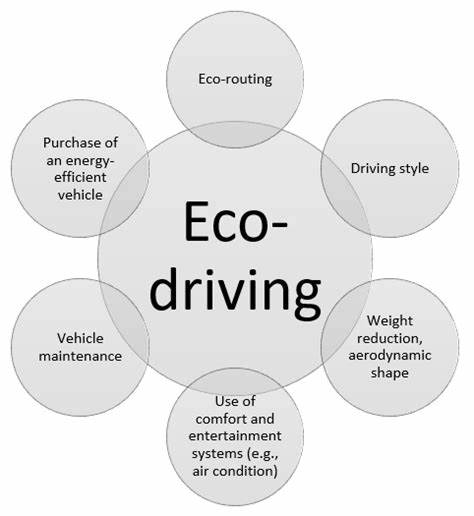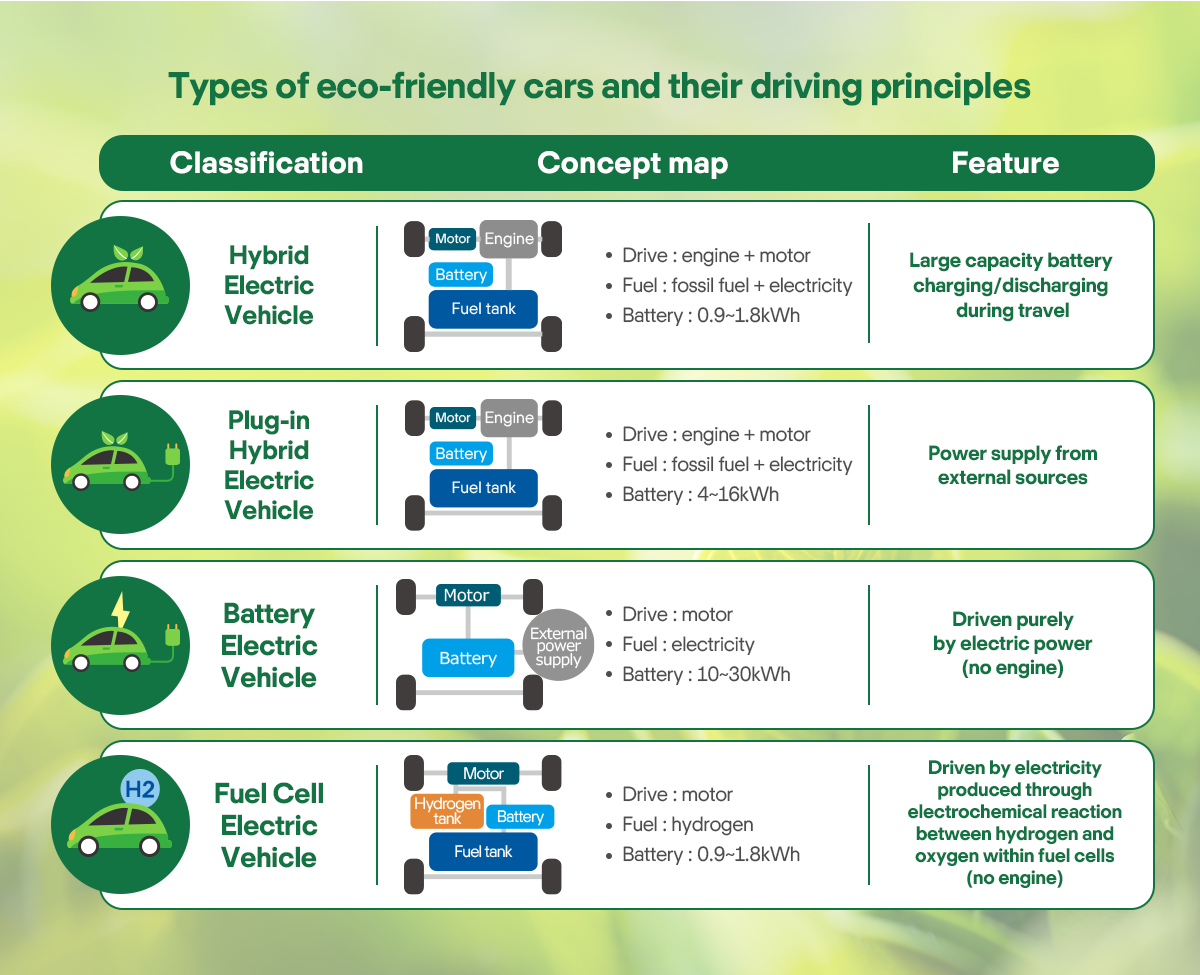
The Importance and Relevance of Eco Vehicle Ownership
Eco vehicle ownership has become increasingly important and relevant in today’s world. With growing concerns about climate change and environmental degradation, transitioning to a greener lifestyle has become a necessity. This article will explore the historical background, key concepts, main discussion points, case studies, current trends and developments, challenges and controversies, future outlook, and conclude with the importance of eco vehicle ownership.
Historical Background
The evolution of eco vehicle ownership over time has been remarkable. From the invention of the first electric vehicle in the 1800s to the introduction of hybrid and hydrogen fuel cell cars in recent years, the automotive industry has made significant strides in reducing its environmental impact. Historical milestones and innovations in the field have paved the way for the adoption of greener transportation options.
Key Concepts and Definitions
Understanding the concept of eco vehicle ownership is crucial to comprehending its relevance. Eco vehicle ownership refers to owning and using vehicles that have lower carbon emissions and a reduced impact on the environment. Additionally, embracing a green lifestyle is about making conscious choices that minimize harm to the environment. This includes using eco-friendly transportation options and considering the impact of our daily activities on the planet. Transitioning to a greener lifestyle involves steps and considerations such as choosing the right eco vehicle and incorporating sustainable practices into our daily routines.
Main Discussion Points
There are several benefits to eco vehicle ownership that make it an attractive choice for individuals and communities. Firstly, eco vehicles contribute to reduced carbon emissions and air pollution. By using vehicles that produce fewer greenhouse gases, we can mitigate the negative impacts of transportation on the environment. Secondly, eco vehicles are known for their energy efficiency and resource conservation. They consume less fuel and utilize innovative technologies to minimize energy wastage. Additionally, there are potential cost savings and long-term financial benefits associated with eco vehicle ownership. From reduced fuel costs to government incentives, owning an eco vehicle can lead to substantial financial advantages.

Transitioning to a greener lifestyle requires careful consideration of various factors. When choosing an eco vehicle, individuals must weigh options such as electric, hybrid, or hydrogen fuel cell cars. Additionally, the availability and accessibility of charging infrastructure play a crucial role in the adoption of eco vehicles. Range anxiety, or the fear of running out of battery, is another consideration that potential eco vehicle owners need to address. Moreover, maintaining and disposing of eco vehicles in an eco-friendly manner is essential for preserving the environment.
Government incentives and policies play a significant role in supporting eco vehicle ownership. Tax credits and rebates for purchasing eco vehicles encourage individuals to make the transition to greener transportation options. Infrastructure development and funding for charging stations ensure that eco vehicles have the necessary support systems in place. Additionally, regulatory measures promote the adoption of green technologies by setting standards and regulations for the automotive industry.
Case Studies or Examples
Various cities and communities have successfully implemented eco vehicle ownership initiatives. For example, Oslo, Norway’s electric vehicle adoption program has gained international recognition for its success. The city provides incentives such as free charging, reduced tolls, and access to bus lanes for electric vehicle owners. Car-sharing services that utilize eco vehicles are also gaining popularity, providing individuals with the convenience of using eco-friendly transportation when needed.
Current Trends or Developments
Advances in eco vehicle technology are driving the growth and adoption of greener transportation options. Improvements in battery technology have increased the range capabilities of electric vehicles, reducing range anxiety. Furthermore, the integration of renewable energy sources for charging, such as solar and wind power, enhances the sustainability of eco vehicle ownership. The emergence of autonomous and connected eco vehicles is another trend that holds promise for the future of transportation.

Research findings on the environmental impact of eco vehicle ownership provide valuable insights into the benefits and challenges associated with greener transportation. Comparative analysis of eco vehicles versus conventional vehicles highlights the significant reduction in carbon emissions and air pollution. Life cycle assessments of eco vehicles and their components shed light on the environmental implications of their production, use, and disposal.
Challenges or Controversies
While eco vehicle ownership offers numerous advantages, there are also challenges and controversies that need to be addressed. Infrastructure limitations and accessibility issues, such as the availability of charging stations, can hinder the widespread adoption of eco vehicles. Affordability and availability of eco vehicles also pose obstacles, as they are often more expensive than conventional vehicles. Environmental concerns related to battery production and disposal, such as the extraction of rare-earth metals and the proper handling of used batteries, need to be addressed to ensure the overall sustainability of eco vehicle ownership. Debates over the carbon footprint of eco vehicles, considering their production and energy sources, also contribute to ongoing controversies.
Future Outlook
The future of eco vehicle ownership looks promising. Predictions indicate significant growth and adoption of greener transportation options in the coming years. Potential advancements in technology, such as improved battery capabilities and more efficient charging infrastructure, will make eco vehicles even more attractive. Furthermore, policy developments that support greener transportation, along with the integration of eco vehicles into smart cities and sustainable urban planning, will contribute to a greener future.
Conclusion
Eco vehicle ownership and transitioning to a greener lifestyle are of utmost importance in today’s world. The benefits of reduced carbon emissions, energy efficiency, cost savings, and long-term financial advantages make it a compelling choice. Government incentives and policies, successful case studies, current trends and developments, challenges and controversies, and future advancements all contribute to the significance of eco vehicle ownership. It is crucial that individuals and communities embrace the transition to greener transportation options to minimize our impact on the environment and create a sustainable future.
References
Relevant research papers, articles, and books on eco vehicle ownership
Government websites and reports on green transportation initiatives
Case studies and examples of successful eco vehicle ownership programs




